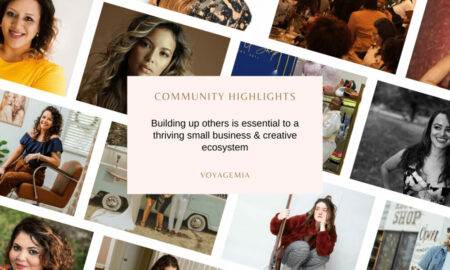

Today we’d like to introduce you to Liza Samuel, LCSW.
Hi Liza, thanks for sharing your story with us. To start, maybe you can tell our readers some of your backstory.
I came to this work to be the person I wish I had and at times, did have. The one who believes in you, who knows you have what it takes, who sees your goodness and reminds you there is another way. The one who helps you feel less alone. I’ve always been drawn to human stories and to being with people in moments of crisis. It probably tells you a lot about me that I’m calm when everything around me is falling apart. In my personal and professional life, I’ve often been the “fix-it” person, the one who feels responsible for everyone. Like so many of my high-achieving clients, I carried the weight of keeping everything and everyone together. But I learned the hard way: when you’re always holding everyone else, there’s no room left to hold yourself.
That’s why I built Azadi Therapy, a space designed to hold you.
Azadi means freedom in my first language, Farsi. For me, that freedom means helping people release old stories, break free from perfectionism, and find peace in who they truly are. Rather than labeling people with a diagnosis, we focus on removing the real obstacles to healing: shame, loneliness, and fear. We replace them with connection, compassion, and somatic release, so people can finally feel safe enough to rest, repair, and rediscover joy.
Today, we’re a growing team of grief and trauma-informed clinicians helping teens, adults, and families heal through EMDR, IFS, and somatic work, but more than anything, through humanity.
And we believe healing doesn’t stop at the therapy room. Giving back is part of who we are. From supporting Jaimie’s Rescue and the Gift of Life Bone Marrow Registry and other local causes, we’re deeply rooted in our community, and our community, in turn, has wrapped us in so much love and trust. That’s what makes this work so meaningful. We don’t just serve Miami Beach; we belong to it.
We all face challenges, but looking back would you describe it as a relatively smooth road?
When I first decided to build Azadi, I knew from day one we would be a private-pay practice. I wanted therapy to feel private, personal, and free from the limitations insurance companies impose. No labels that follow you. No third-party gatekeepers deciding how many sessions your trauma gets. No one but you and your therapist shaping what healing looks like. But the cost of that conviction was real. More than that, going private pay meant going against cultural norms in mental health, the idea that a diagnosis is necessary, that the therapist holds all the power, and that certain topics are too risky to touch. I don’t believe in coercive therapy. Healing doesn’t happen through control; it happens through relationship, respect, and choice. My clients are the experts on their own lives. My role is to walk beside them, not lead from above.
That belief was countercultural then, and in many ways, it still is.
And yes, there were nights I second-guessed myself. Moments when I wondered if I was being idealistic. Moments when someone left my office and I wasn’t sure they’d make it through the weekend, and I’d sit with that fear, that helplessness, wondering if I’d said the right thing, if they felt held enough, if they knew how much I believed in them.
Those are the doubts that still visit me. Not whether the practice will survive, but whether they will thrive. Whether the work we’re doing together is enough.
But here’s the truth: my own history has shaped me. I fear regret more than I fear success or failure. So I’m someone who jumps. I went back to school in my late forties, sat for the GRE after decades away, and opened a practice in Miami Beach without a single client lined up. I believe you build the parachute as you’re falling. Because I’d rather jump and risk everything than die never having tried. That doesn’t mean I wasn’t scared. I was terrified. But I’ve learned that courage isn’t the absence of fear; it’s deciding that what you’re moving toward matters more.
And here’s what made the difference: I didn’t do it alone. I had my husband and kids, who encouraged me through every risk. I had mentors and colleagues who reflected back a belief I was still building in myself. I had my own therapist, my friends, my fitness community, every one of them holding me up while I built something meant to hold others.
That’s the lesson I carry into every session: we don’t heal in isolation. We heal in connection and community. Just like I was held by my people, I hold my clients. And in turn, they hold me, by showing up, by trusting me with their pain, by letting me witness their resilience. We heal each other. That’s the work.
So yes, there were obstacles. Fear. Doubt. Pressure to conform. But the harder part wasn’t the business risk; it was staying grounded in why, when the path felt lonely, and trusting that the people who needed this kind of care would find us. And they did. Because when you build something rooted in protecting people’s humanity, they feel it. The right people show up. And that trust, that connection, becomes the foundation everything else is built on.
Thanks for sharing that. So, maybe next you can tell us a bit more about your business?
Our work at Azadi Therapy is centered on breaking cycles, not just managing symptoms. We help people understand how their nervous system, their past, and their culture shape their present. We don’t pathologize pain, we contextualize it. That means we see your struggles not as signs of disorder, but as normal responses to abnormal circumstances. Whether we’re working with a high-achieving professional, a struggling teen, or a couple trying to repair after rupture, the goal is always the same: to meet each person with the compassion they’ve always deserved. We integrate science with soul, EMDR to reprocess trauma, somatic tools to release it, and deep relational work to build trust and resilience.
As our vision grew to be a leading resource for adults to heal from generational and situational trauma, our practice expanded, too. We became a group so we could reach more people, create more access, and help more families break free from the patterns that keep them stuck: anxiety, perfectionism, burnout, and the belief that they have to hold it all together alone. Because when people receive quality, compassionate mental health care, something shifts. They become better friends, partners, parents, and people. They stop passing pain down the line. And the world becomes a kinder place to live.
That same desire to reach beyond the therapy room is what led me to write a book, one that may look like a parenting book, but is really a Trojan horse for adult healing. I’m in the process of bringing it into the world, and it’s about focusing on yourself and your partnership first, because when you heal the roots, you change the fruits. It’s for anyone who wants to raise emotionally healthy kids by becoming emotionally healthy adults.
At the heart of it all is this belief: you don’t have to carry everything alone. You deserve to be held. And healing is always, always possible.
Can you share something surprising about yourself?
Something that still surprises me, even after all these years, is just how quickly people can change when they finally feel seen, safe, and supported. I’ve watched clients walk in completely shut down, convinced they’ll never feel joy again, and then, in a relatively short period of time, they’re laughing, connecting, building lives they once thought were out of reach. Sometimes I’m still shocked by it, the pace, the depth, the transformation. I’ve had clients I was truly afraid might not make it, and now their lives are enviable. That never stops moving me.
It’s a reminder that healing is never out of reach, that even when the pain feels unbearable, there’s something in all of us that wants to grow, to love, to live.
I’m in awe of what’s possible when people feel safe enough to tell the truth and be held in it. Human connection is miraculous. And witnessing that resilience, that return to life, is still, to this day, my favorite part of the work.
Contact Info:
- Website: https://myazadi.com/
- Instagram: https://www.instagram.com/lizasamuellcsw/
- Facebook: https://www.facebook.com/LizaSamuelLCSW
- Linkedin: https://www.linkedin.com/in/lizasamuellcsw/
- Youtube: https://www.youtube.com/@lizasamuellcsw
- Other: https://azaditherapy.clientsecure.me/request/clinician
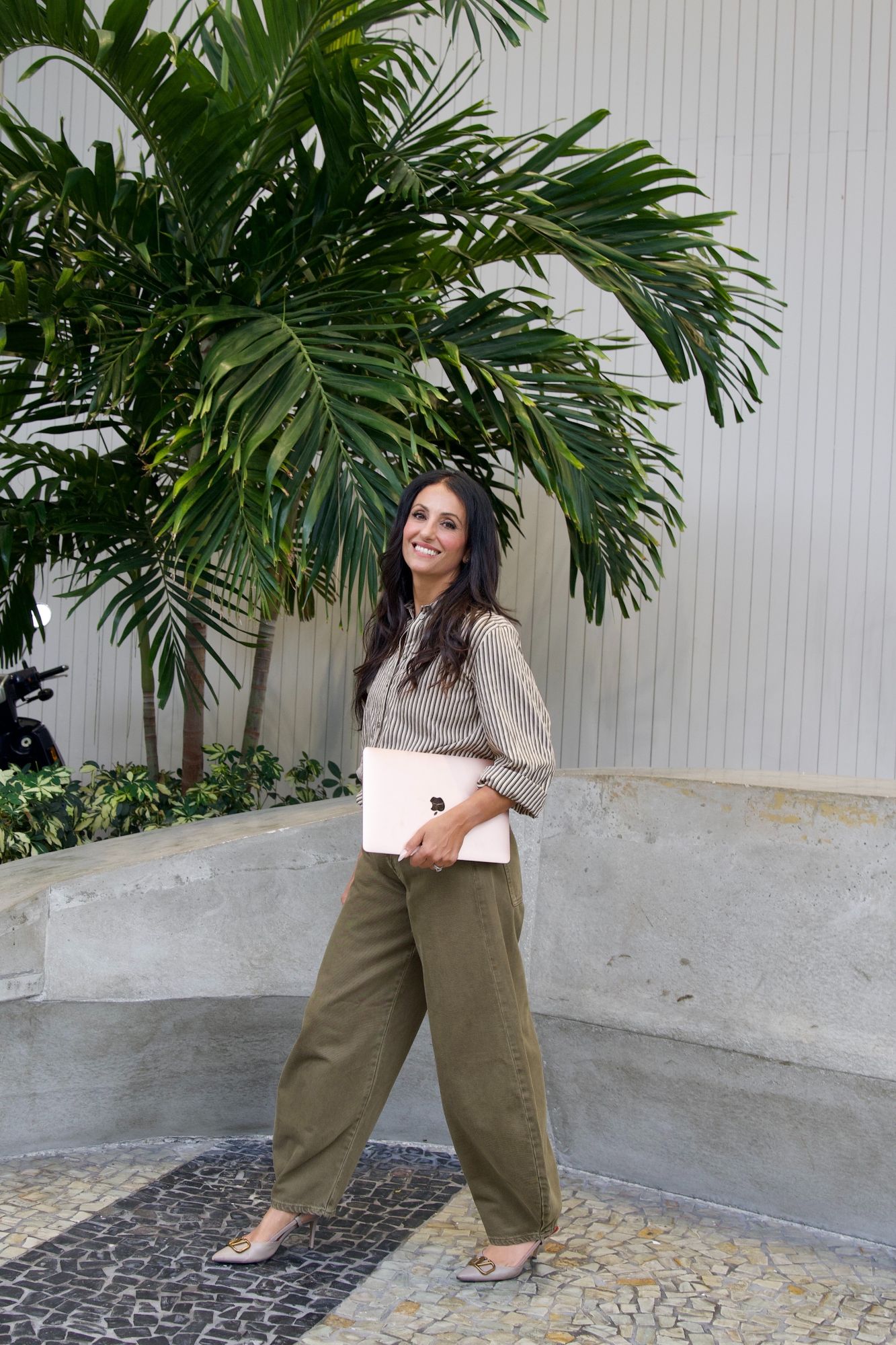

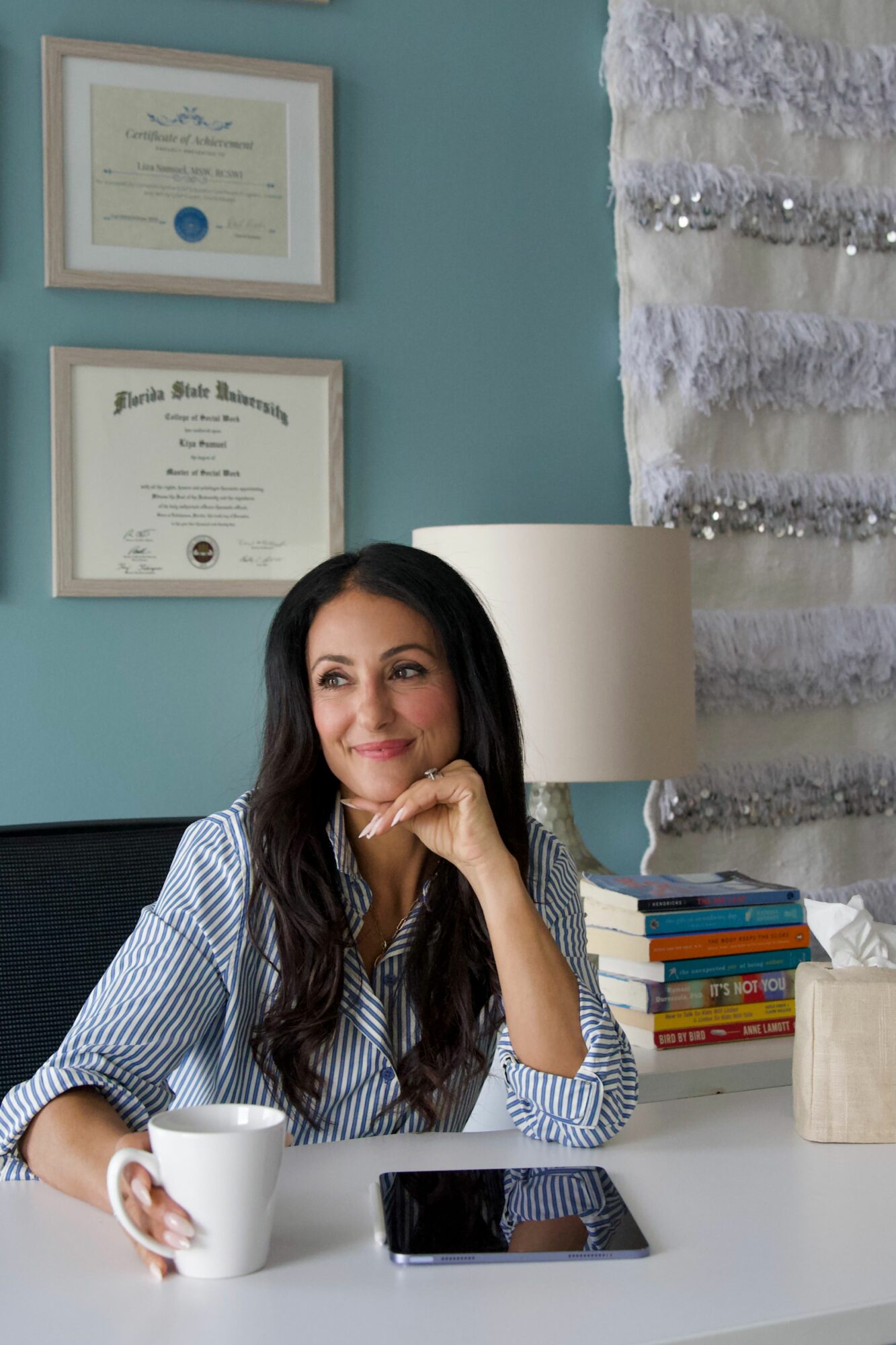
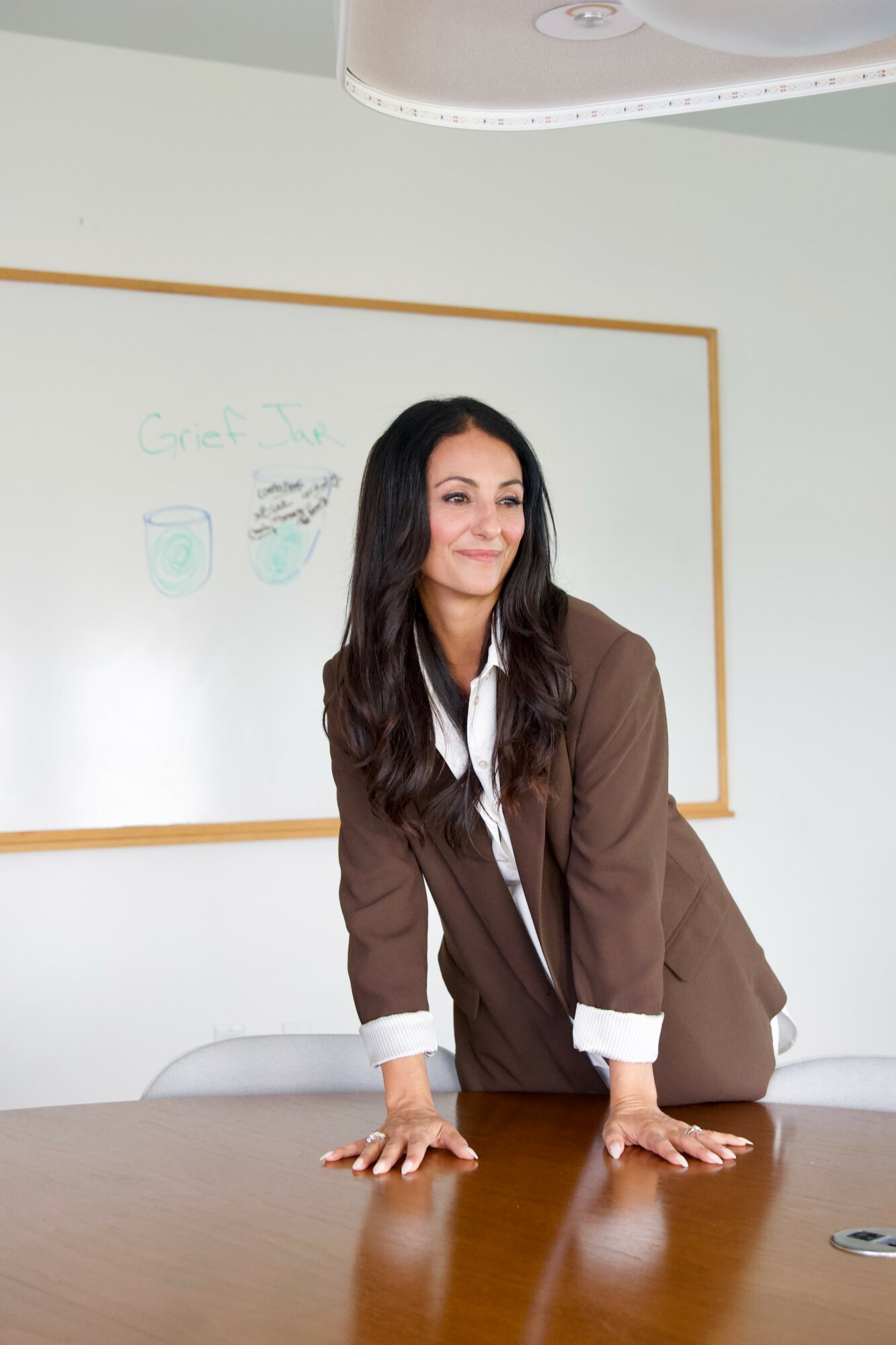
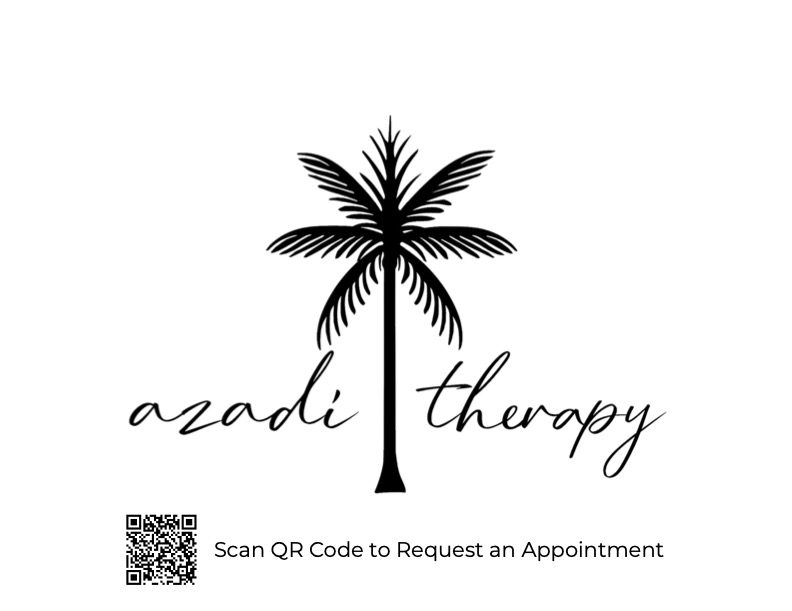
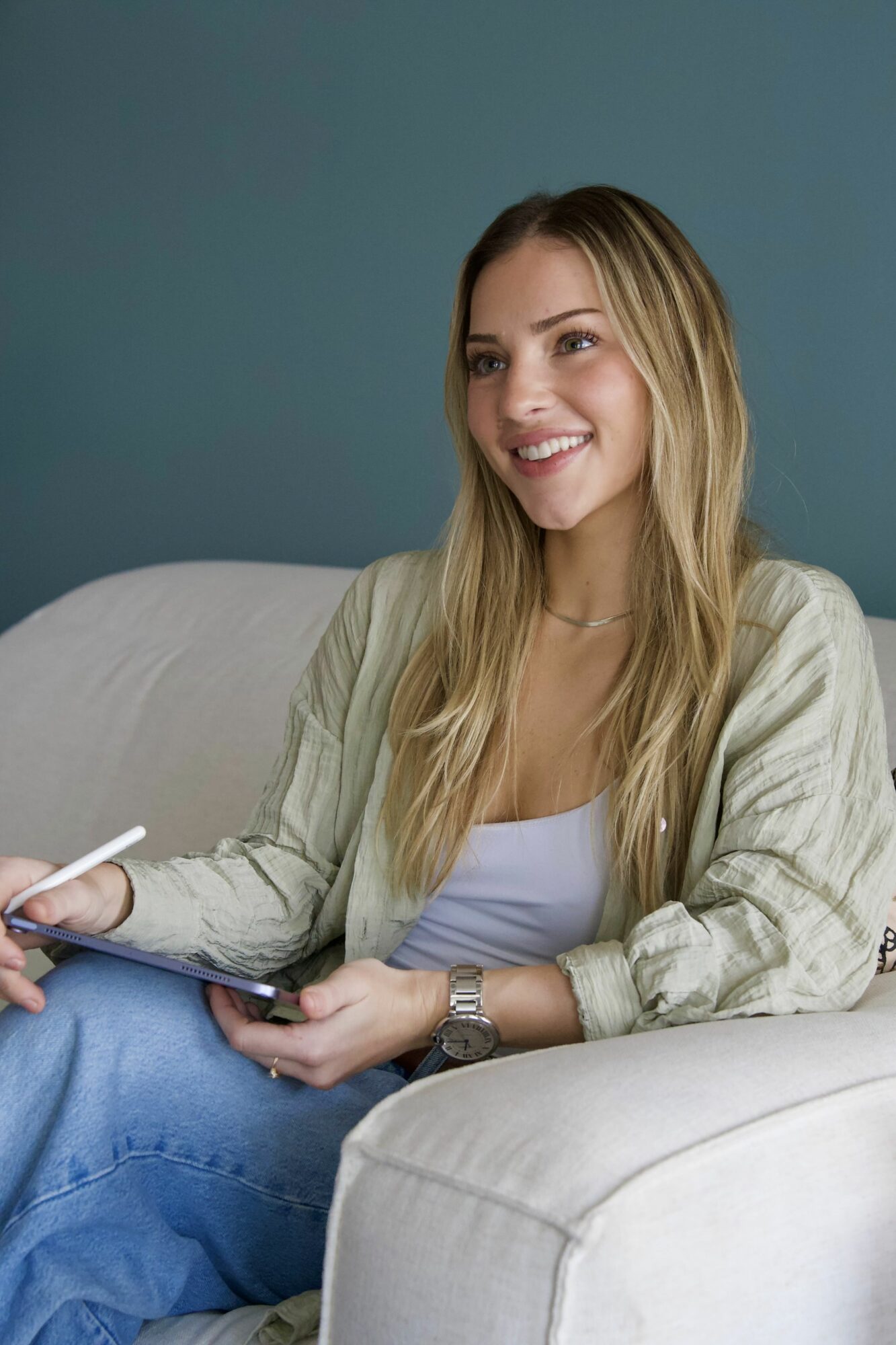
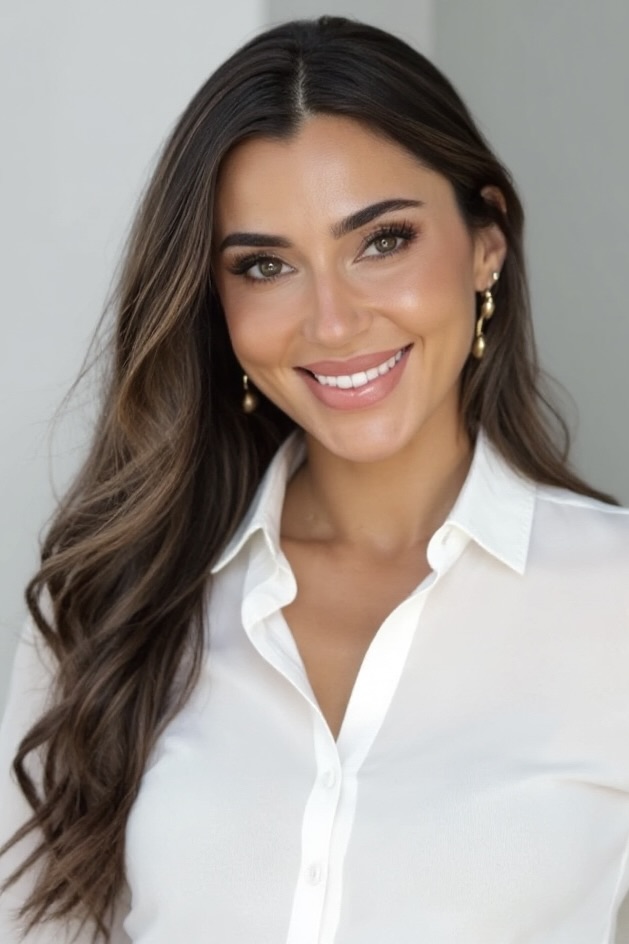
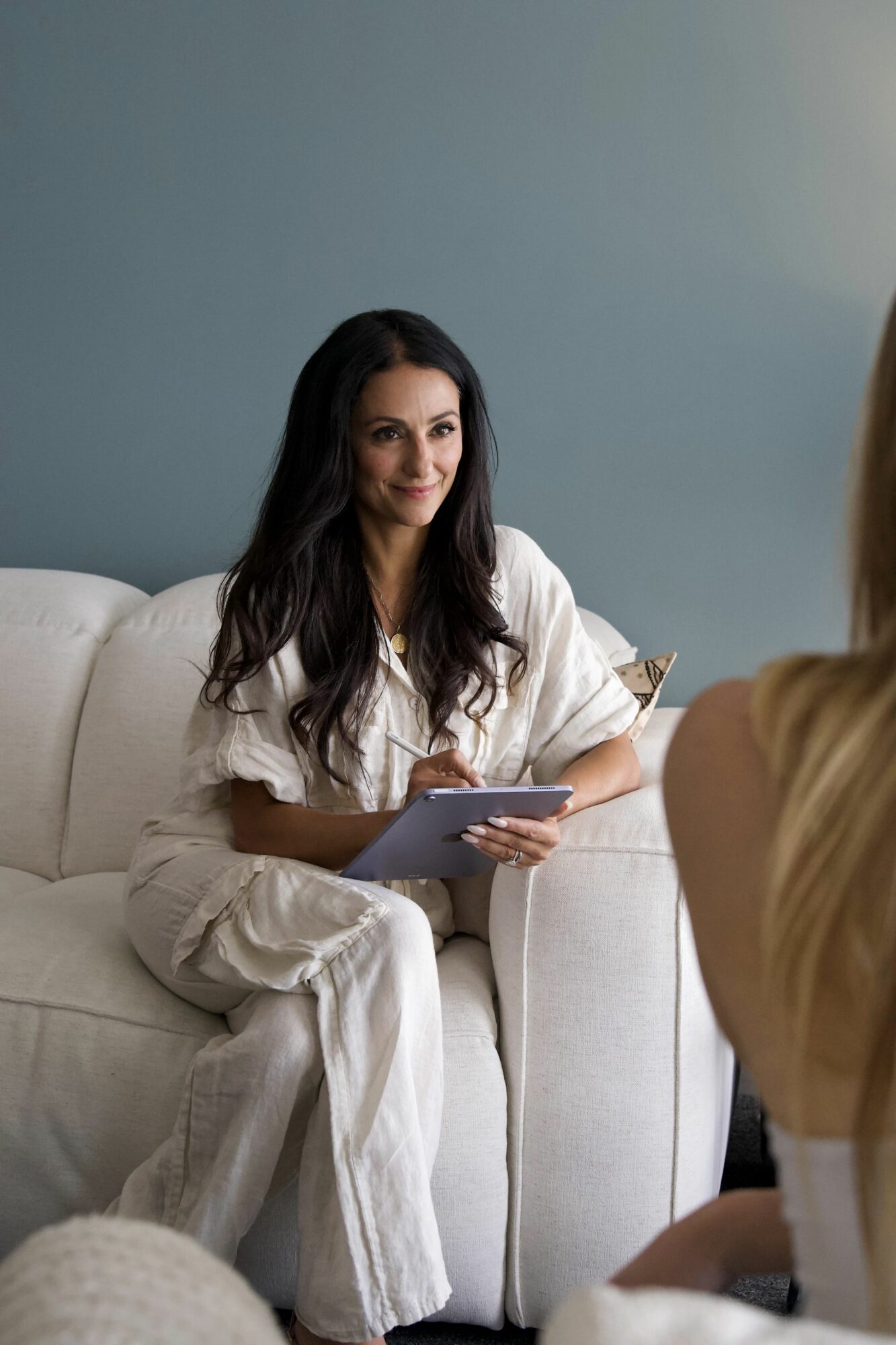
Image Credits
Leeza Jarrar / Samsoom Social










